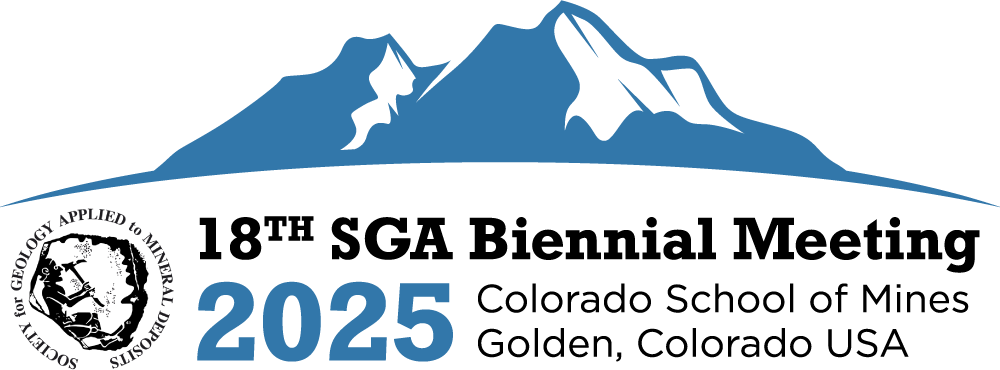Organizer Information
SGA
The Society for Geology Applied to Mineral Deposits (SGA) is an international scientific society that promotes the science of mineral deposits geology. Its worldwide membership of over 1300 is composed of researchers, professionals and students from university, industry and government interested in economic geology, mineral resources, industrial minerals and environmental aspects related to mineral deposits.
Its publication, Mineralium Deposita, is recognized as a premier international scientific journal on mineral deposits geology. Besides the biennial scientific conferences, which are premier forums for economic geologists, the SGA organizes international short courses and workshops and publishes the proceedings. The SGA also supports student chapters.
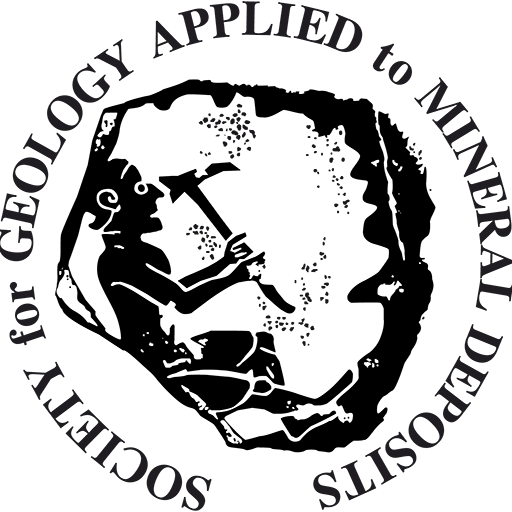
The objectives of the SGA are:
- To ADVANCE the application of scientific knowledge in the study and the development of mineral resources and their environment.
- To PROMOTE the profession of geology in science and industry.
- To CULTIVATE personal contacts for mutually beneficial relationships.
- To PROTECT and IMPROVE professional and ethical standards among its members.
The SGA was founded in 1965 in Heidelberg and incorporated in Switzerland in 1971.
Local Organizing Committee
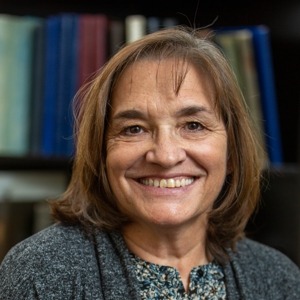
Karen Kelley
Conference Chair
Karen has 40 years of experience as a Research Geologist at the U.S. Geological Survey (USGS), specializing in the study of mineral deposits and their formation processes. Her work involves integrating geological, geophysical, and geochemical data to understand the distribution and genesis of mineral resources. Karen has contributed to numerous research projects and publications, advancing the knowledge of mineral resource assessment and exploration. She served as the President of SGA from 2018-2019, worked on the 2014 SEG organizing committee, has convened numerous science sessions at Conferences over the past 20 years, and is currently Editor-in-chief of Mineralium Deposita.
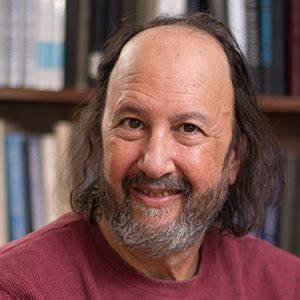
Richard J. GoldfarB
Technical Program Chair
Richard is a renowned economic geologist with extensive experience in the study of orogenic gold deposits. He is a Professor at both the Colorado School of Mines and the China University of Geosciences, and has worked at the USGS for 36 years. Rich has authored numerous influential publications and served as Editor of Mineralium Deposita and other journals for many years, as well as having served as the President of SEG. His work has significantly advanced the understanding of gold metallogeny and the geological processes that form mineral deposits.
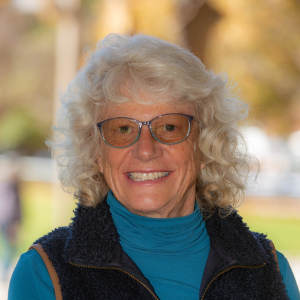
Mary Doherty
Field Trips Co-Chair
Mary has extensive experience, having worked as
a mine geologist, an exploration geochemist for
industry, and business manager for ALS minerals
analytical laboratory. She now manages the
Professional Masters program at CSM, where she
advises and teaches students.
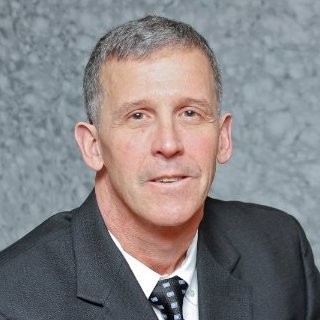
Lew Kleinhans
Feild Trips Co-Chair
Lew is an economic geologist and serves on the
Executive Committee-at-large for DREGS, an
active professional society based in Colorado.
He has organized and led many field trips in the
Colorado area, as well as river rafting trips on
the Colorado River through the Grand Canyon.
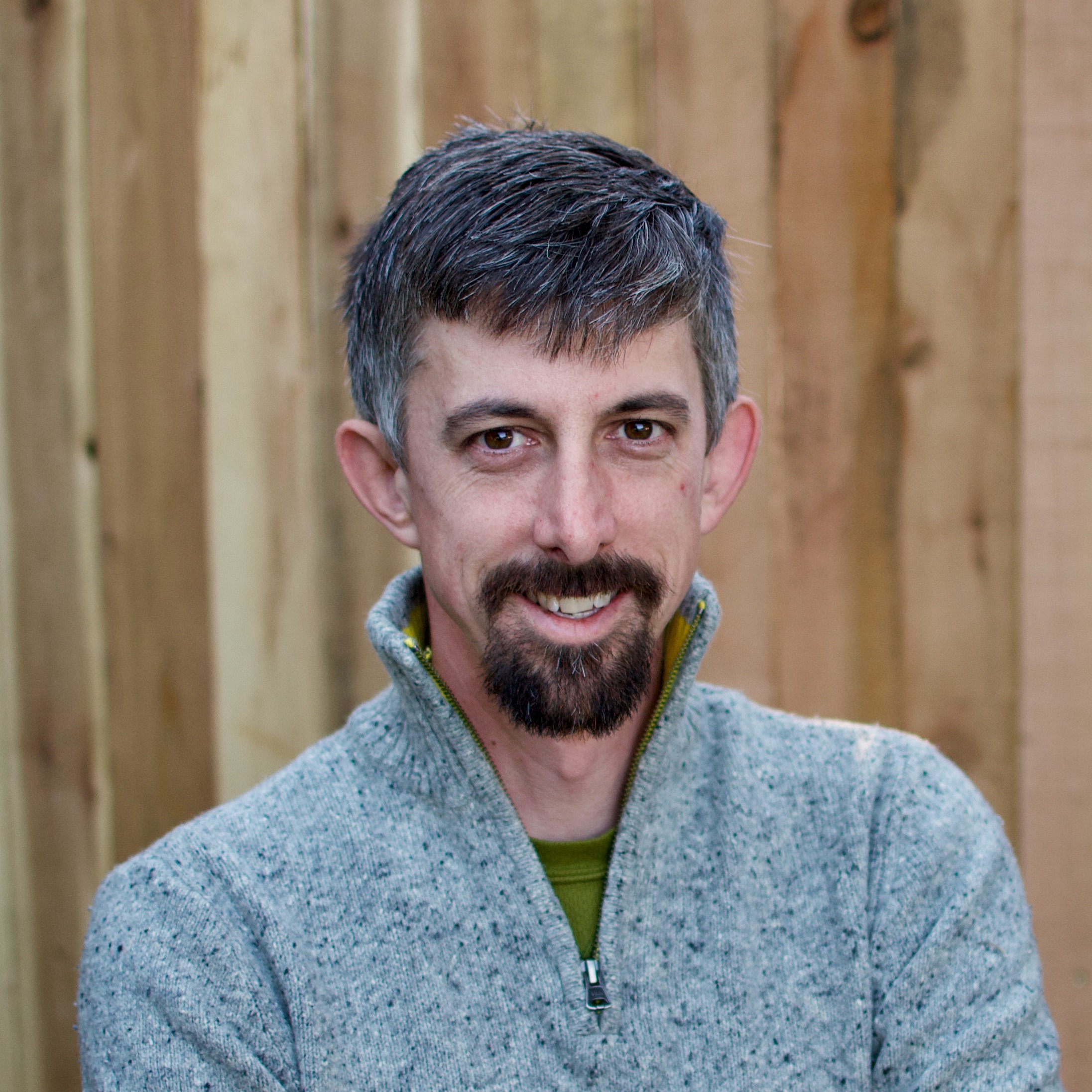
Erik Tharalson
Field Trips Co-Chair
Erik is a Research Geologist at the U.S. Geological Survey, specializing in the study of hydrothermal ore deposits and volcanic systems. His work involves integrating geological, geophysical, and geochemical data to understand the formation and distribution of mineral resources. Erik has contributed to various research projects, including mapping geological features on Venus and studying epithermal gold-silver deposits.
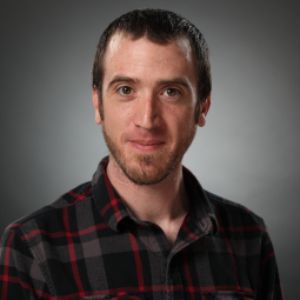
Ben Frieman
Social Program Chair
Ben is a Research Assistant Professor in the Department of Geology and Geological Engineering at the Colorado School of Mines. His research specializes in structural geology, tectonics, and economic geology, with a focus on elucidating structural controls on ore systems processes. To address these concepts, Ben applies transdisciplinary approaches, integrating field and laboratory data sets to better understand the tectonic evolution or deposit hosting regions. Ben obtained his PhD from the Colorado School of Mines in 2018, a MSc degree from the University of Maine, and BSc degrees in Geology and Geophysics from the University of Minnesota in 2010.
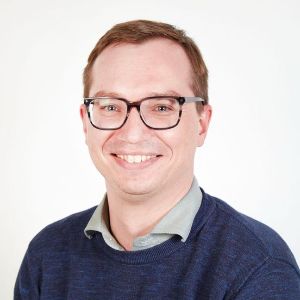
Simon kocher
Short Course Co-Chair
Simon is a Research Associate in the Department of Geology and Geological Engineering at the Colorado School of Mines. His research specializes in economic geology, mineralogy, and geochemistry of hydrothermal ore deposits. He has a strong interest in ore mineralogy and reflected light microscopy. Before joining the Colorado School of Mines in 2021, Simon worked as a geoscientist at The Natural History Museum in London. Simon holds a PhD in Geochemistry from Imperial College, London, and a MSc degree in Geology from the University of Tuebingen, Germany.
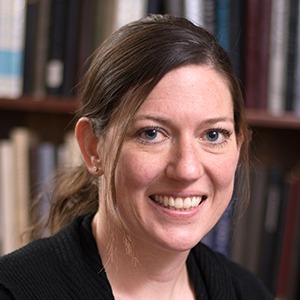
Katharina Pfaff
Short Course Co-Chair
Katharina is a Research Associate Professor in the Department of Geology and Geological Engineering at the Colorado School of Mines. She specializes in minerology, geochemistry, and economic geology, with a focus on hydrothermal ore deposits. Katha manages the Mineral and Materials Characterization Facility (MMC) and integrates thermodynamic modeling and artificial intelligence in her research. She joined the Colorado School of Mines in 2012 and gas a strong background in igneous petrology and rare earth element systems.
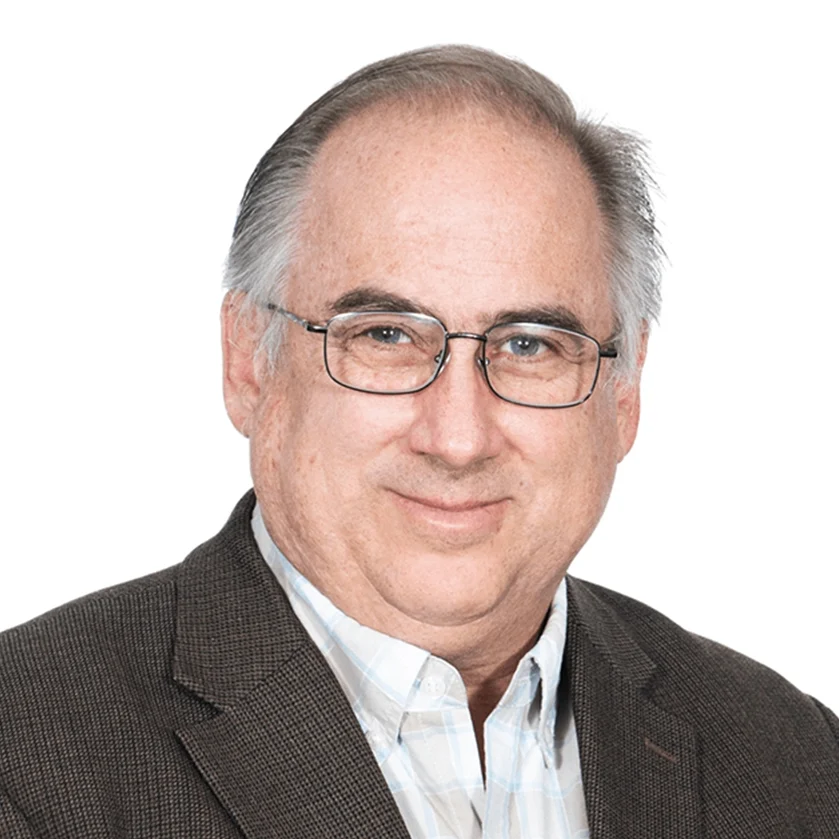
Quinton Hennigh
Sponsorships & Exhibitors
Quinton is an economic geologist with over 33 years of experience, primarily in the gold industry. He holds a M. Sc. and Ph.D. in geology and geochemistry from the Colorado School of Mines. Quinton has worked with major mining companies like Homestake Mining Company, Newcrest Mining Limited, and Newmont Mining Corporation. He is known for leading the discovery of the 5.2 million ounce Springpole gold deposit in Ontario. Currently, he serves as technical and Geologic Director at Crescat Capital and CEO of San Cristobal Mining.
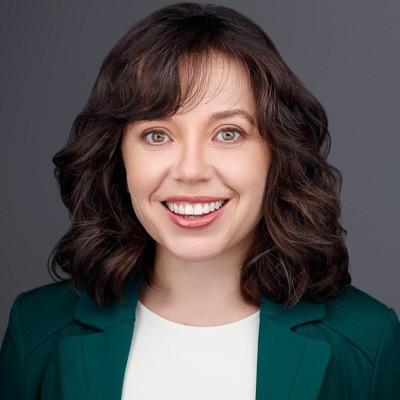
Lauren Terry
Sponsorships & Exhibitors
Lauren is a Ph.D. candidate at the Colorado School of Mines. She studies the formation of precious metal-bearing veins in epithermal deposits worldwide, as well as linkages between the epithermal and geothermal environments. Lauren obtained her M. Sc. in Economic Geology in 2018 and later published her work in Economic Geology. She has consulted on projects in Japan, California, Idaho, and British Columbia for juniors, mid-tiers, and majors. Lauren has presented her work at conferences both internationally and in the US. She works for the Society of Economic Geologists (SEG) as their Student Development Coordinator and is currently the Conference Chair of the Denver Mineral Exploration Symposium (DMES).
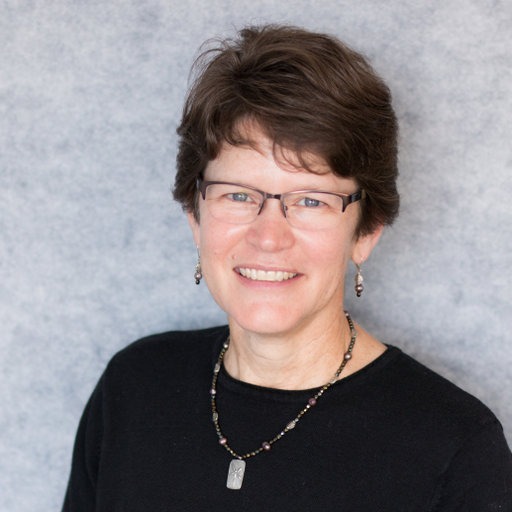
Mary Carr
Advisory & Logistics
Mary is the Center Manager for the Center to Advance the Science of Exploration to Reclamation in Mining (CASERM) consortium at Colorado School of Mines. She helps manage the 30+ member consortium doing research on the entire value chain of mining. She is also Executive Director of the Petroleum Technology Transfer Council (PTTC) at CSM. Mary also serves as a Research Assistant Professor in the Department of Geology and Geological Engineering, where she distributes technical information and data to the petroleum community in the Rocky Mountain Region, her experience includes research on aeolian and deep water depositional systems as well as the development of 3D outcrop models.
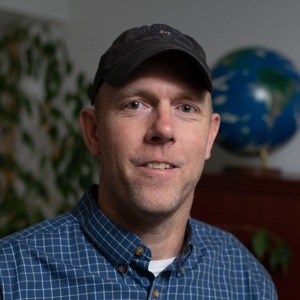
Garth Graham
Abstract Volume Editor
Garth is a research geologist at the USGS. His research focuses on critical mineral resources, contributing to initiatives like the Critical Minerals Mapping Initiative and AI-assisted surveying for mineral potential. Garth’s work involves integrating geological, geophysical, and geochemical data to assess and map mineral resources, enhancing the understanding and security of the distribution of critical minerals in the United States.
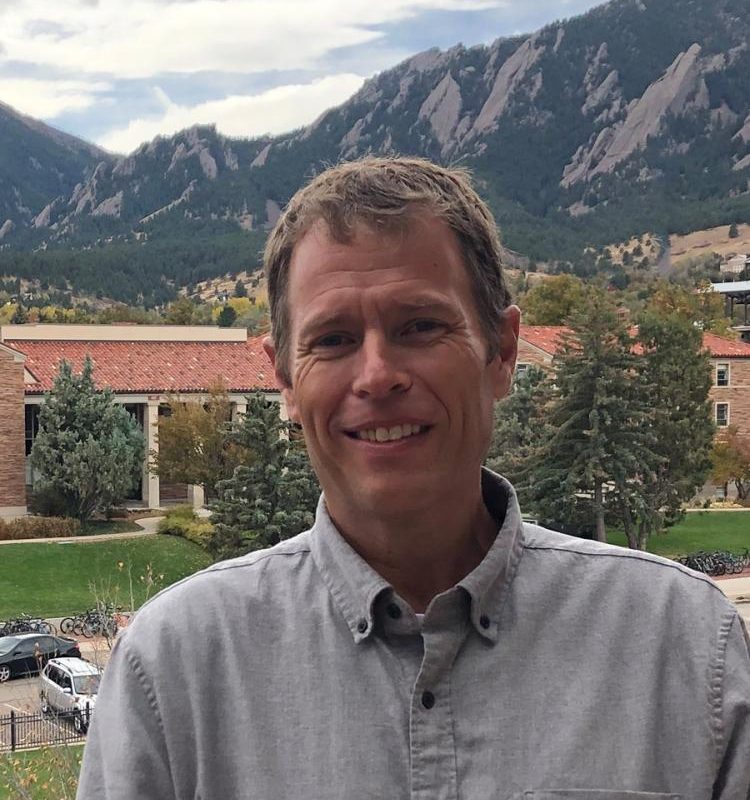
Eric Anderson
Abstract Volume Editor
Eric is a Research Geophysicist at the U.S. Geological Survey. He is a mineral exploration expert who integrates geophysics, geology, and geochemistry to help locate mineral deposits. His career began with geochemical studies of hydrothermal systems, gaining expertise in petrology, fluid inclusion analysis, stable isotope systematics, and geochronology. He now focuses on interpreting geophysical data to map ore deposits, while leveraging his extensive knowledge in mineral deposits and geochemistry.
